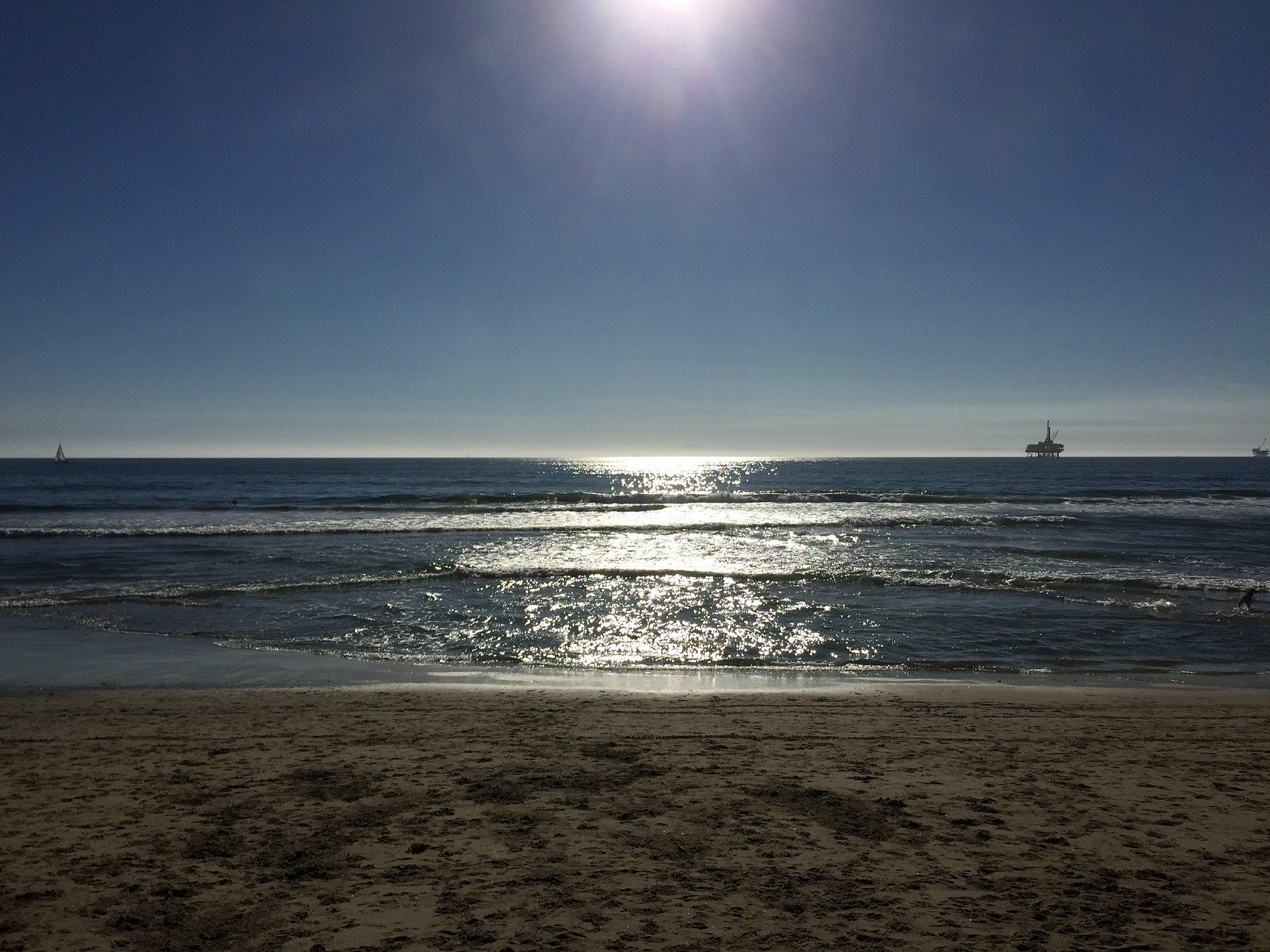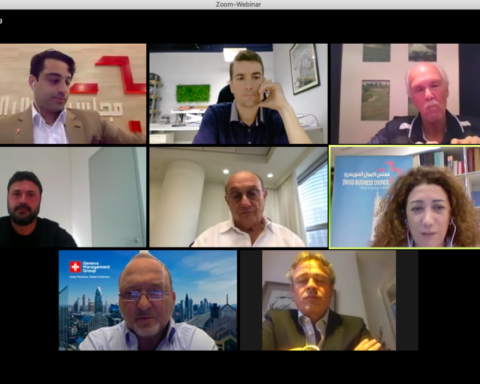Set to start by mid-January, the Egypt and Israel gas alliance will begin pumping full steam ahead. After a long term process dedicated to crafting a signed deal in 2019, the leaders of Egypt and Israel agreed to transfer up to 7 billion cubic meters of gas through the Tamar and Leviathan structures.
Additionally, leaders of Israel, Greece and Cyprus signed a gas deal, opening the underwater pipeline to serve European lands through the 1900-kilometer EastMed pipeline. The pipeline is not yet built and is predicted to take about 7 years to build, if there are no unforeseen circumstances.
Noble Energy, in cooperation with the Israeli government, is the force behind the pipelines, supported by the Energy Minister, Yuval Steinitz. While those at the top seem to see the gas deal going through smoothly, environmentalists are still protesting what they believe are acts against the environment, which will cause inevitable harm to not only the humans in close range but the animal and sea life in direct contact with the Tamar and Leviathan rigs.

According to a 2018 report by Richard Steiner, Environmental Sustainability Consultant, the Leviathan rig grossly understates its measures of impact, and does not adequately address the catastrophic possibilities which can occur with unforeseen circumstances. Based on the “redundant, often inconsistent” documents which “contain significant gaps in essential information,” he predicts that environmental consideration be taken more seriously, and in a more professionally detailed manner.
Steiner notes a major issue in his report as well. “As the Government of Israel is both financial beneficiary and regulator of the project, it has conflict of interest in providing effective oversight on its own. To correct this, the project should be required to establish well-funded, representative Israel Offshore Citizens’ Advisory Council, to authentically empower all stakeholders in working with industry and government to provide oversight of the project.”
Environmentalists continue to protest; however, only a few days ago the rig passed its second inspection by the Environmental Ministry of Protection and is moving forward with operations. While the project seemingly creates a pipeline of peace, and profits, amidst an unstable Middle Eastern region, the potential for massive environmental damage is at stake, and that has no price tag.








